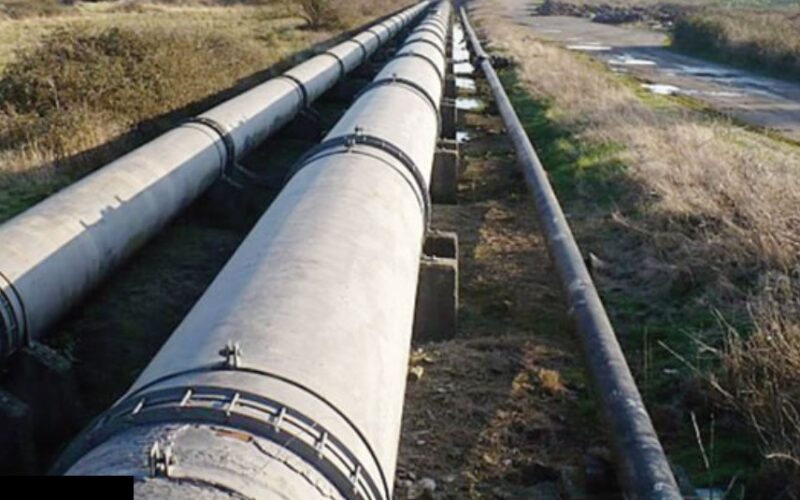Nigeria, Morocco, Cote d’Ivoire, Liberia, Benin, and Guinea have signed four Memoranda of Understanding to construct the $30bn Nigeria-Morocco Gas Pipeline Project. The signing ceremony took place at the Abuja headquarters of the Economic Community of West African States (ECOWAS) on Friday.
The project’s steering committee also met at the ECOWAS headquarters to discuss the project’s progress and strategic direction. The project will enhance the monetization of the natural gas resources of the affected African countries and offer a new alternative export route to Europe.
Key highlights of the news:
Six African countries sign MoUs for a $30bn gas pipeline project.
The agreement was signed between Nigeria, Morocco, Cote d’Ivoire, Liberia, Benin, and Guinea for constructing the Nigeria-Morocco Gas Pipeline Project. The pipeline is expected to stretch for more than 5,000km and will enhance the monetization of natural gas resources of the affected African countries. The project is estimated to be worth $30bn and will offer a new alternative export route to Europe.
Project to stimulate industrial and agricultural development, among others
The gas pipeline project is expected to help strengthen the region’s electricity production and generation capacity, stimulate industrial and agricultural development, and contribute to the energy transition. The project will also accelerate access to energy for all, improve the population’s living conditions, integrate the sub-regions economies, and mitigate desertification. The project aligns with the continent’s new environmental commitments while providing Africa with a new economic, political, and strategic dimension.
Project to be funded by the private sector
The ECOWAS Commissioner, Sediko Douka, stated that the private sector would fund the project, and the estimated cost is almost $30bn. He added that the project is viable in terms of bankability, and the feasibility studies carried out showed that the project is worth investing in. The project is complex and will take time to complete.
Still, it will be an opportunity to monetize Nigeria’s abundant hydrocarbon resources and expand access to energy to support economic growth, industrialization and job creation.








